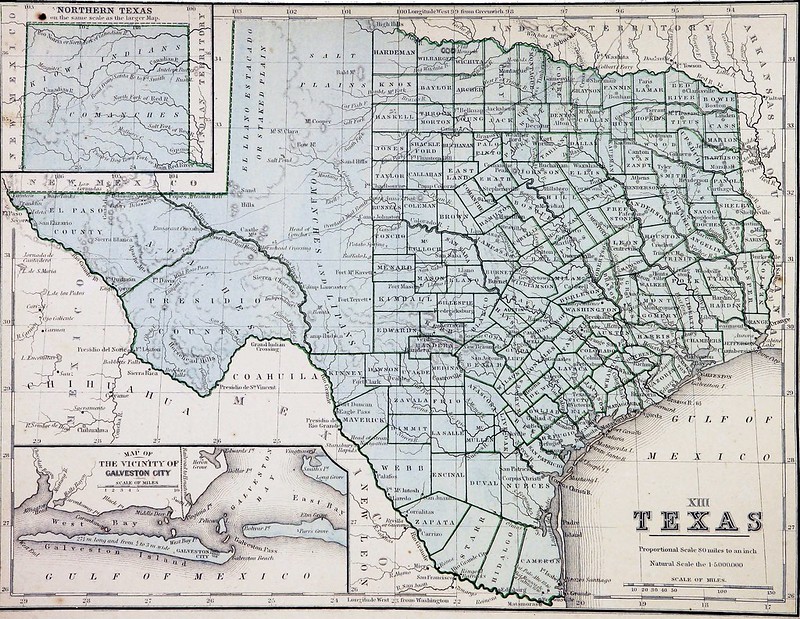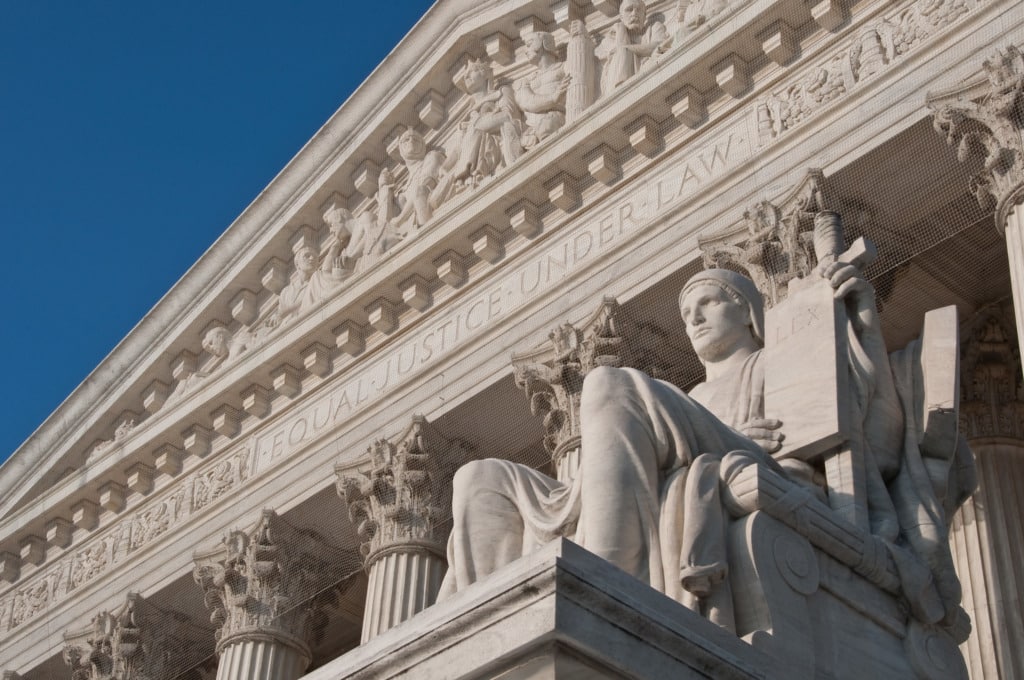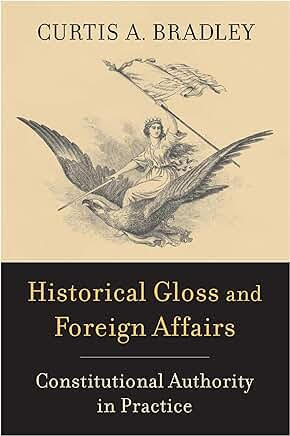All I Want for Christmas (from the Supreme Court)
Following up on John Coyle’s post yesterday, I’ve prepared my own list of things I wish courts in the United States would do differently in transnational litigation. 1. Abandon the U.S.-Conduct Requirement for the Presumption Against Extraterritoriality The Supreme Court uses a presumption against extraterritoriality to determine the geographic scope of federal statutes. There have…
Continue ReadingAll I Want for Christmas (Forum Selection Clause Edition)
As the holidays approach, TLB editors have prepared lists of things that they wish courts in the United States would do differently on the subject of transnational litigation. In this post, I revisit one of my favorite subjects—forum selection clauses—to identify some reforms that would make my Christmas exceptionally merry. 1. Stop Asserting Personal Jurisdiction…
Continue ReadingArbitration Enforcement and Consent
This Term, the Supreme Court will hear a case that could have profound ramifications for international arbitration: CC/Devas (Mauritius) Ltd. v. Antrix Corp. Ltd. The petitioners are seeking to enforce an arbitration award they won against a state-owned company in India. The district court enforced the award, relying on the New York Convention and the…
Continue ReadingSuing Over the Price of Gas
The Organization of Petroleum Exporting Countries (OPEC) was established in 1960 “to ensure the stabilization of prices by, among other means, the regulation of production.” On one level, OPEC is simply a cartel engaged in anticompetitive behavior. On another level, it is an organization of nation-states that plays a significant role in world politics. Since…
Continue ReadingRevising Forum Non Conveniens Through § 1404?
I have written more than anyone probably should about forum non conveniens (FNC), but much of it boils down to some commonsense updating of the Gulf Oil factors: acknowledge the effects of changing technology, particularly on travel; require defendants to be specific about their evidentiary burdens; don’t overweight choice-of-law difficulties or docket congestion; don’t second…
Continue ReadingCassirer Plaintiffs Ask Supreme Court to GVR
On Friday, the plaintiffs in Cassirer v. Thyssen-Bornemisza Collection Foundation filed a cert petition asking the Supreme Court to grant, vacate, and remand (GVR) the Ninth Circuit’s decision in light of new California legislation mandating the application of California law to the merits of the case. It would be standard practice for the Court to…
Continue ReadingSupreme Court Grants Cert in Fuld v. PLO
Today, the U.S. Supreme Court granted certiorari in Fuld v. Palestinian Liberation Organization to decide whether the Promoting Security and Justice for Victims of Terrorism Act (PSJVTA) violates the due process clause of the Fifth Amendment. For prior TLB coverage of Fuld, see here, here, here, here, and here. The PSJVTA purports to establish personal…
Continue ReadingHungary v. Simon Offers Supreme Court Stark Choice
(Editor’s Note: This article also appears in Just Security.) On Tuesday, the U.S. Supreme Court heard oral argument in Hungary v. Simon, a case brought by Holocaust survivors under the expropriation exception of the Foreign Sovereign Immunities Act (FSIA). In 1944, Hungary rounded up Jews and transported them by train to death camps, expropriating their property…
Continue ReadingBrazil’s New Law on Forum Selection Clauses: Throwing the Baby out with the Bathwater?
Brazil has changed its law on international forum selection clauses. In June this year, a new statutory provision came into force, adding, unexpectedly, new requirements for their enforceability. In this attempt to redistribute domestic litigation, the Brazilian legislator may well have thrown out the baby, international forum selection clauses, with the bathwater. The Recognition of…
Continue ReadingHistorical Gloss and the Extradition Power
In a recently-published book, “Historical Gloss and Foreign Affairs: Constitutional Authority in Practice,” I document how the foreign affairs powers of Congress and the executive branch have been heavily shaped by historic governmental practices, on issues ranging from the recognition of foreign governments to the use of military force. In this post, I discuss one…
Continue Reading








